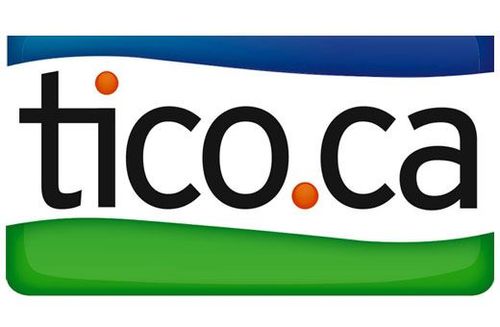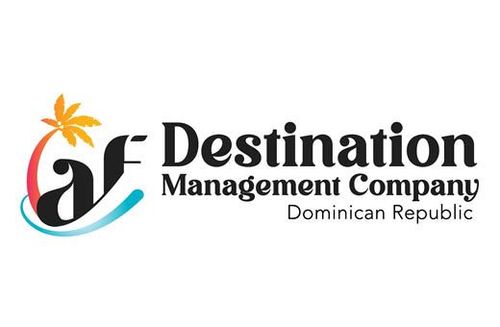Where travel agents earn, learn and save!
News / No consumer-pay model in TICO’s Comp Fund proposals; call for feedback on point-of-sale option
TICO has released its proposals for its future funding framework, fee structure and Compensation Fund

TICO has released its proposals for its future funding framework, fee structure and Compensation Fund.
The proposals will be consulted on during the upcoming stakeholder sessions, says TICO.
Calls for changes to the Comp Fund have been ongoing for years, and in particular over this past year after TICO launched the review process back in September 2022.
Industry groups ACTA and CATO have called for more transparency during the review process, and ACTA, CATO, retail groups and individual travel advisors have been vocal about the need for updates to the Fund model. Many have advocated for a consumer-pay model similar to that in Quebec.
No Consumer-Pay Model Proposal, But Point-Of-Sale Option
There is no mention of consumer-pay model in TICO’s proposals.
However TICO CEO Richard Smart addresses the consumer-pay model question in a video (see below) included with this morning’s outline.
“While Quebec’s model seems simple on the surface, each consumer is required by law to pay a consumer protection fee. The operational side of this is a massive challenge,” Smart says in the video.
“The potential for fraud and … consumer double-dipping on claims significantly increase with this model. To replicate a similar approach in Ontario would require laws to be changed, for TICO to significantly invest in and grow its operations, resulting in an increase in the overall regulatory burden on the industry.”
Smart went on to say: “However we heard industry loud and clear about the need for more flexibility to recover regulatory expenses.
“Over the next month we’d like to hear from you about registrants’ options for TICO’s fee and payment structure at the point of sale.
“We’d like to hear from you if there is potential interest to voluntarily pass on or display Compensation Fund fees or registration renewal fees at the point of sale, and how this could be potentially structured and communicated to consumers, recognizing that registrants operate under many different business models.”
Smart notes that other Ontario regulators, including OMVIC, have implemented voluntary approaches where the industry has the option to pass on certain regulatory fees to consumers.
He added: “We would also like to hear if registrants prefer the existing approach, where these fees have not typically been displayed at the point of sale.”
The 5 Proposals
TICO says the majority of registrants can expect a modest adjustment to their total fees payable to TICO.
Some 35% of registrants will see their total fees to TICO decrease (combined registration renewal fees and Comp Fund payments).
TICO also notes that 3.6% is the average aggregate rate of increase in total fees paid to TICO by registrants, based on historical Ontario sales.
There is also a measure to address end supplier failure, long a sticking point for retail and wholesale registrants paying into the Fund.
Here are the five key proposals, as outlined by TICO. These proposals will be consulted on during the upcoming stakeholder sessions …
COMPENSATION FUND
- Decrease Comp Fund payments to $0.05/$1,000 from $0.25/$1,000 of Ontario gross sales.
- Remove non-contributing end-supplier coverage (airlines and cruise lines) from the Comp Fund, subject to government consideration and decision-making.
- Double the maximum Comp Fund payment per person to $10,000 from $5,000 for consumers, subject to government consideration and decision-making.
REGISTRATION RENEWAL FEES
- Recalibrate registrant renewal fees, with modernized and more equitable fee bands.
OTHER
- Institute new late filing fees to encourage timely submission of required documentation and ensure efficient processing
“Throughout the past year, we researched other comparable regulators and listened to insights from consumers, industry and stakeholders, and have developed a proposal that reflects what we heard. Our approach carefully balances the needs of consumers and of industry, while also being pragmatic,” said TICO CEO Richard Smart. “The proposal we’re sharing today reflects TICO’s commitment to develop a fair and modern funding model that reflects cost recovery, delivers value to stakeholders during this time of industry renewal, and continues to keep consumer protection at the forefront.”
TICO notes that: “Proposals #1, #4 and #5 have an anticipated implementation date of April 1, 2024. Proposals #2 and #3 are subject to government consideration and decision-making and are not within TICO’s authority to implement at this time. TICO may need to reassess its fees in the future if these proposals are not implemented.”
TICO’s guide of each proposal, along with insights and survey data from the comprehensive funding framework review, can be viewed here.
TICO also has a tool for registrants to estimate their fees payable to TICO (combined registration renewal fees and Comp Fund payments) under the proposed funding framework; click here for that tool.
As reported yesterday, a two-stage voting process for the two Industry Director positions on the TICO board is now open.
Source: Travelweek











